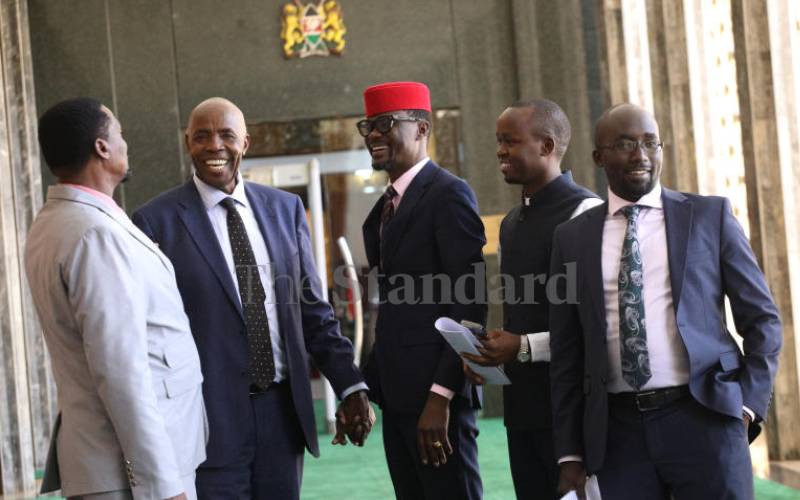×
The Standard e-Paper
Fearless, Trusted News

Students reporting to public universities for their first academic year will not be sent away for fees and the opening dates will be flexible to allow all students to get admission.
Education Cabinet Secretary Ezekiel Machogu said the decision was made after it emerged that the loans and scholarship applications were not moving as envisaged.